Posted on 12/28/2021
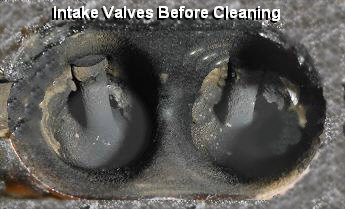
Vehicles that have direct injection engines are susceptible to carbon buildup. Direct injection fuel systems do exactly that, they inject the fuel into the combustion chamber vs in the intake manifold behind the valves. Fuel additives that normally clean the intake system and valve train never touch those areas of the engine. The result is carbon build up in the intake system, the valve train and engine. Many GDI engines also are equip with variable valve timing and turbochargers are high failure areas effected by carbon build up. You can perform carbon cleaning maintenance services during regular oil changes to prevent carbon build up and eliminate costly engine repairs. Most vehicles require oil changes at 5,000 or 7,500 mile intervals. Using a GDI additive package with every oil change will eliminate carbon build up. Every 15-20,000 miles a full service carbon cleaning and fuel system service should be performed to properly maintain a GDI engine ... read more
Posted on 5/4/2021
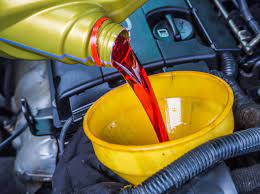
Everyone knows to change your engine oil between 3,000 and 7500 miles depending on the manufacture’s recommended interval. What about your Transmission Fluid? What is the recommended service interval for transmission fluid? Some manufactures recommend 50,000 miles, some say 100,000 miles, some don’t list a recommendation at all. Automatic transmissions have many mechanical moving parts, electronic solenoids, valve bodies, torque converter, and clutches that all wear out. Transmission fluid is the life blood to the transmission and its even red in color, just like blood. Transmission fluid becomes contaminated with clutch material and breaks down from heat caused by different driving conditions. When the transmission fluid becomes contaminated and broken down, it cannot lubricate moving hard parts properly, witch causes more wear and contamination. Transmission replacement or rebuild costs can be upwards of $3,000.00. Changing your transmission f ... read more
Posted on 2/1/2021
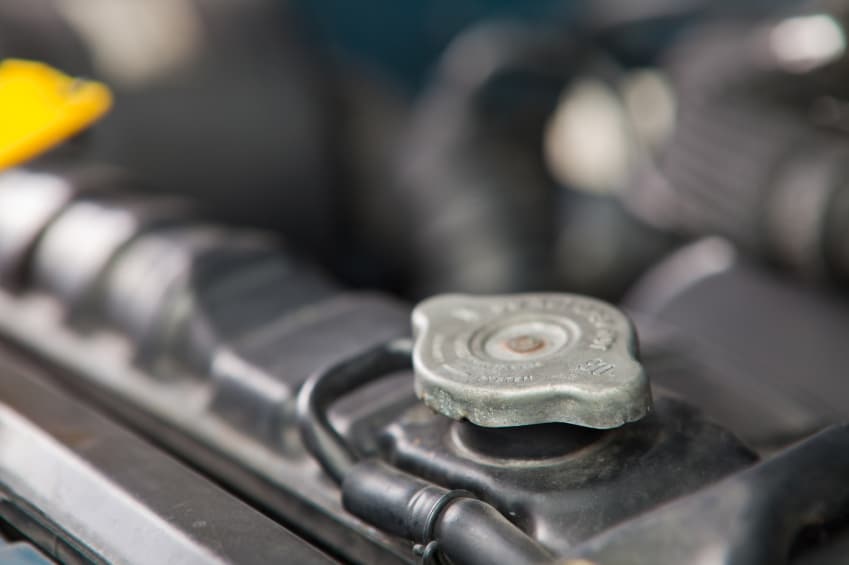
At Finzels Mastertech we get asked all the time, "Whats the best way to warm up my vehicle". Your vehicle will actually reach operating temperature faster by driving it verse letting it idle in the driveway. When your vehicles thermostat is working properly and your antifreeze protection level is set to -34' or a 50/50 mixture, your vehicles heating system works at its best. Your vehicle uses the heater core as a bypass, the warmest antifreeze is sent to the heater core. That means that until your vehicles engine temperature reaches 195', your heater doesn't work to its fullest potential. Driving the vehicle under a load gets the engine temp up quicker. Without the added load of driving, the extended idle time needed to get the engine to 195' just wastes fuel. Of course in extreme low temperatures its good to give it a few minutes (2-5) to get things loosened up, meaning hydraulic fluids like transmission fluid and power steering fluid. In cold ... read more
Posted on 10/26/2020
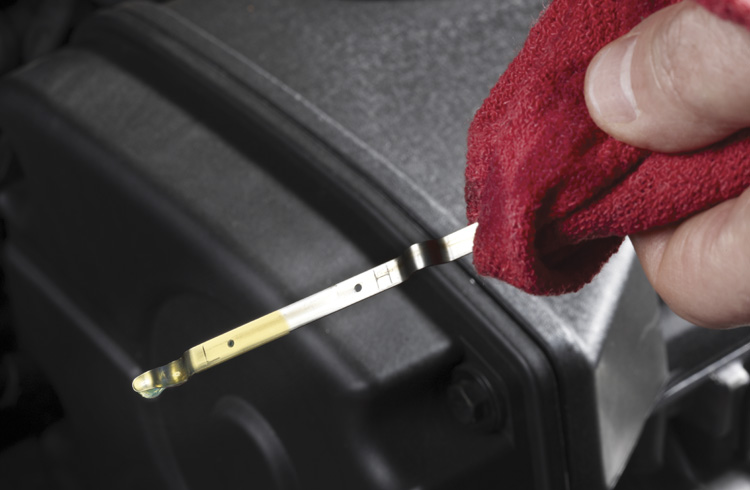
Synthetic Oil vs. Synthetic Blend, Which Oil Should I Use? Years ago changing your engines oil was a pretty simple task, many of us might have even done it in the driveway. Just drain the oil, spin on a new filter and put some oil in, do it every 3 months or 3,000 miles and your all good. Today things have changed, conventional oil, synthetic oil, or synthetic blend? 0w20, 5w20, 0w30,5w30, 10w30, 0w40, 5w40, 10w40? What oil should you use? Every vehicles engine calls for a specific oil type and oil weight. You should refer to the owners manual to find out what your vehicle calls for. Even though the oil cap says 5W30, is it supposed to be Full Synthetic? Synthetic Blend, or Conventional? The next question is, where is the Oil Filter? The best answer for these questions is to take it to the trained professionals at Finzels Mastertech. Having your vehicle serviced at Finzels Mastertech and at the right intervals will extend the ... read more
Posted on 3/26/2020
I hope this blog finds you and your family healthy and safe in these troubled times. Finzels Mastertech is open for business and ready to serve! No job is too big or too small! Our technicians are disinfecting vehicles as we enter for repairs and when we are done with repairs. We will pick up and deliver your vehicle and can communicate by phone and text. We always provide a digital inspection to keep you involved throughout the repair process. The safety of you and our employees is our top priority. Thank you for your continued support of Finzels Mastertech! We look forward to serving you and your vehicle ! We will get through this! Stay Safe! Stay Smart! Stay Healthy! Sincerely, Steve Finzel
Posted on 6/11/2017
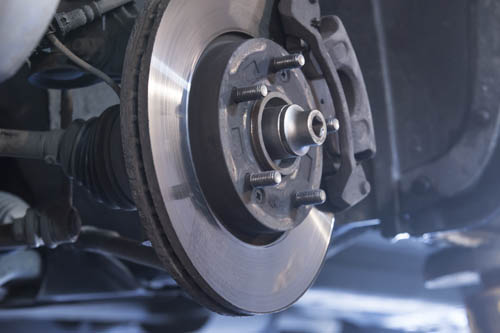
Either unusual brake noise or pedal pulsations are signs for Terre Haute residents that there are brake problems with their vehicle. Terre Haute residents should have a certified technician at Finzel's Mastertech check their brakes thoroughly and recommend any steps necessary to correct the problem. A regular brake inspection is on every vehicle's recommended list. Ask your friendly and knowledgeable Finzel's Mastertech service advisor for a FREE brake inspection. Your brakes are extremely important as you drive around Terre Haute IN. Having good brakes just keeps you out of trouble. You'll want to carefully maintain your brakes. With disc brakes, brake pads rub on a disc - or rotor - to slow the wheels. The brake pads are attached to a caliper that squeezes the pads against the rotor. It's kind of like how squeezing the handbrake on a bicycle pushes the brake pads against the wheel of the bike. Now pads just wear away with use - kind of like a pencil eraser wears out. The good new ... read more
Posted on 6/11/2017
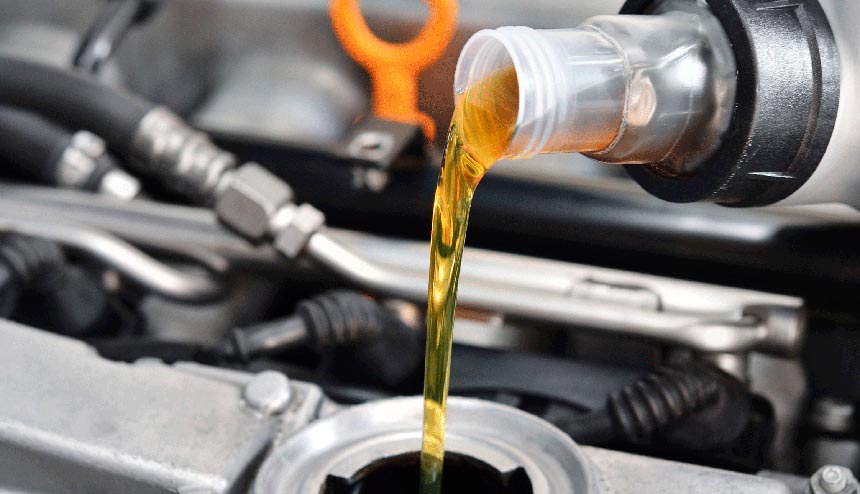
Anything you can do to reduce friction and increase the efficiency of your engine will translate directly into fuel savings and lower repair costs. By properly maintain engine oil and transmission fluid and checking tire pressure and alignment you will reduce friction and increase your engine efficiency. With today vehicles requiring less frequent service, it is very important to make sure the proper oil is being used and that your service is on time. A 3 month checkup regardless of mileage is a good recommendation to insure all systems are in good order. And don't forget to rotate you tires and have your brakes inspected at the same time. Making sure your scheduled maintenance is up to date also insures your vehicles manufacture warranty stays in effect
Posted on 6/11/2017
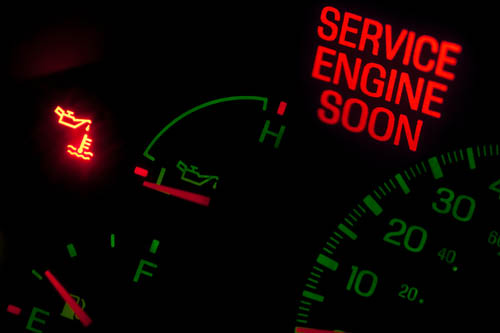
The check engine light or service engine soon like comes on when the computer recognizes an emissions failure. This can affect fuel economy up to 30%. When the check engine light is flashing the computer is recognizing a misfire which and even cost you more. Whenever your check engine light comes on you should have your vehicle check by a trained technician that understands how these systems work. Don't delay emission problems result in poor combustion of fuel and increase carbon buildup, which is harmful to your engine. Ignoring the check engine light means you won't be aware of other problems that come about and might increase overall repair cost in the end
Posted on 6/1/2017
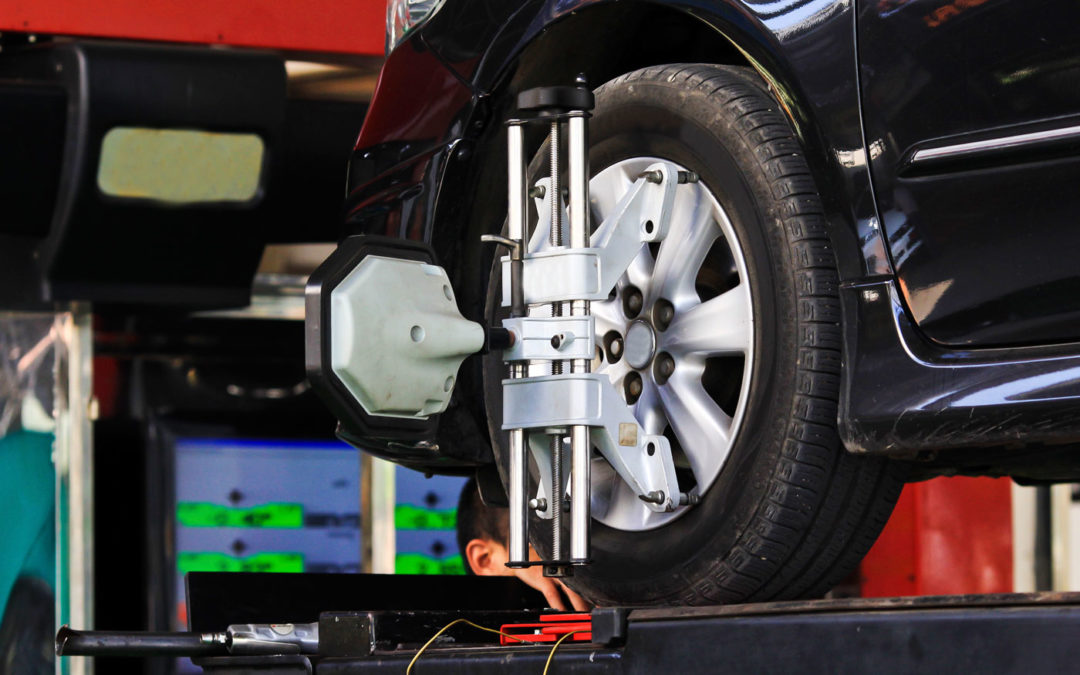
When your wheels are properly aligned they all point in the same direction. When they are out of alignment, most drivers notice a couple of things. First the vehicle pulls to one side when driving. It could be slight or pretty severe. If your wheels have been out of alignment for a while, you'll also start to see excessive tirewear. Popping and knocking noises along with squeaks are signs of worn front end parts which will cause alignment issues and possible safety concerns. All of these indicators require an immediate alignment inspection. It is a good idea to have your vehicle's alignment check once a year to extend the life of your tires and reduce rolling resistance which will lead to increased fuel economy